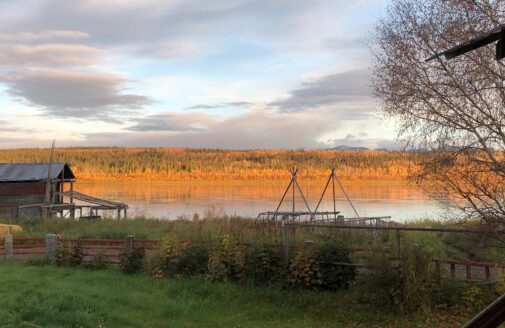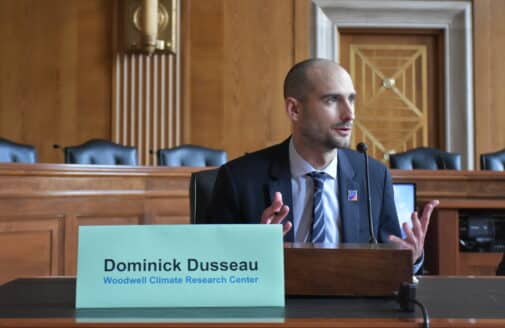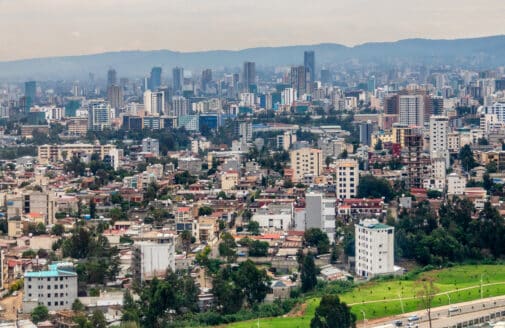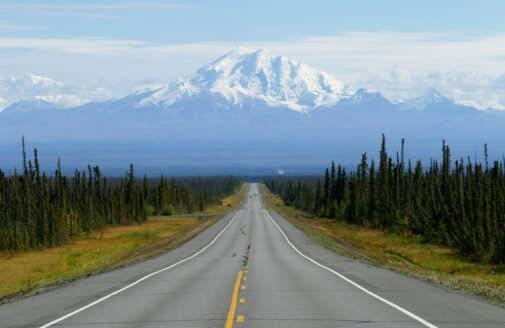This summer previewed the security threats of climate change: The US needs to do more
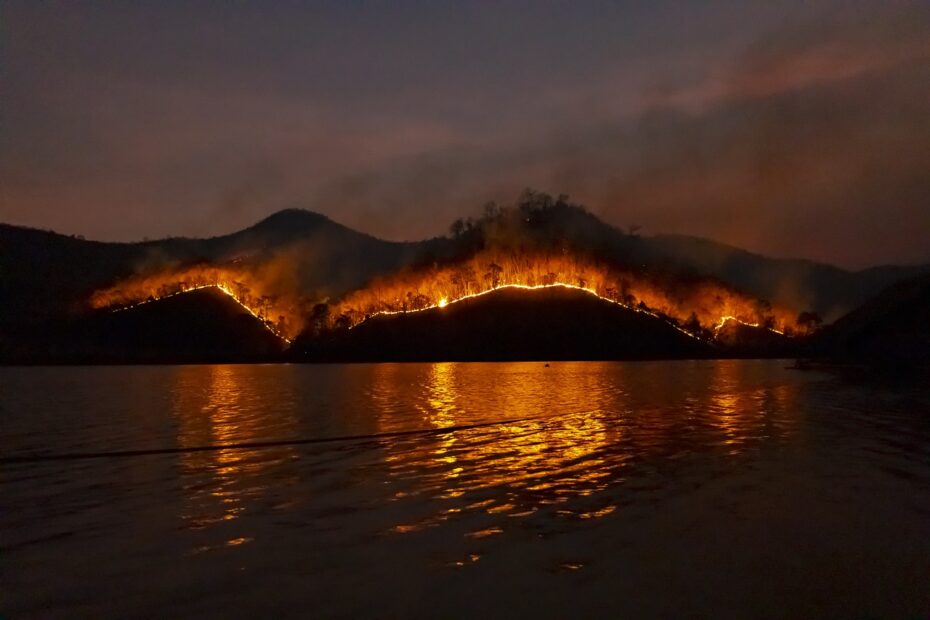
This summer previewed the security threats of climate change: The US needs to do more
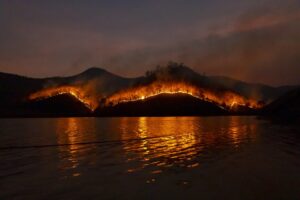
Extreme weather events during this past summer — the hottest ever recorded — have highlighted the immediate danger of climate change to not only individuals, but also global security.
As fossil fuel emissions continue to increase (carbon emissions are on course for another record high), we will have to navigate a world of more severe extremes and their deadly impacts. Record high temperatures across the globe this summer were a case in point, with nearly half the world’s population facing at least 30 days of extreme heat. Heatwaves in turn fueled unprecedented wildfire seasons, such as the ongoing Canadian blazes that have burned 16.5 million hectares, displaced tens of thousands of Indigenous residents, and spread unhealthy air quality across North America. Maui’s wildfires were the deadliest the United States has seen in over a century, exceeding deaths in the United States from terrorism in any year following the 9/11 attacks. Southern Europe has been battling widespread forest fires as well, with Greece experiencing the largest wildfire on record in the European Union. Across the Mediterranean, devastating flooding in Libya has resulted in over 5,000 casualties.




